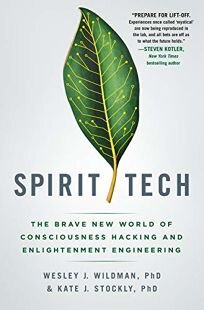In Islam: A New History, the historian chronicles the religion’s 1,400–year evolution through profiles of figures who showcase its diversity.
Why is a new history of Islam particularly relevant now?
Much of the current discourse on Islam is based on a traditional narrative about its origins and rise, as if everything we know about the religion was produced by Muhammad and his companions in the seventh century. But as recent scholarship shows, Islam emerged gradually and has been in constant change over the centuries. This pushes back on what Muslim fundamentalists believe is a “pure” form of Islam—an imagined, ideal society around Muhammad where Sharia was already the law of the land. The far right does the opposite, saying that this early Islamic society persecuted minorities, women, and so forth, and that it is essentially the same today. This means, for them, that Muslims are not able to adapt to modern Western societies. I hope to show people who are not on either of those extremes Islam’s rich history and diversity.
Who are some of the people from Islamic history you introduce and how do they illustrate these themes?
One of the chapters that was most fun for me is about Ibn Battuta, a 14th-century Moroccan man who leaves home at the age of 22 and travels for 20 years, going as far as India, China, and beyond. He gets jobs as a judge and an administrator in Delhi and the Maldives. He’s appreciated wherever he goes, because he knows his Quran and Islamic law. At the same time, his testimony shows the diversity of the Muslim world and its constant engagement with others—with Christians, with Hindus, with Buddhists. His story reminds us that the real demographic center of Islam is much further east than the Middle East or North Africa, and that in all these countries Muslims have had to interact, often creatively, with people of other faiths. Still today, none of the top five countries with the largest Muslim population is Arab.
How does one make sense of such a vast and diverse religion?
I like to point readers to the cover of the book. You see this Indian-looking woman lying prostrate in prayer and receiving a paper with a text in Arabic, a verse from the Quran. This is Rabia al-Adawiyya, an eighth-century Iraqi Sufi woman, portrayed a thousand years later by an Indian artist as a well-dressed, idyllic beauty of 18th-century India. That, to me, shows Islam’s paradoxical unity in diversity, because here she is, an Iraqi Sufi who speaks across borders and centuries, holding a verse from the Quran to which all Muslims would relate.
A version of this article appeared in the 03/24/2025 issue of Publishers Weekly under the headline: John Tolan



